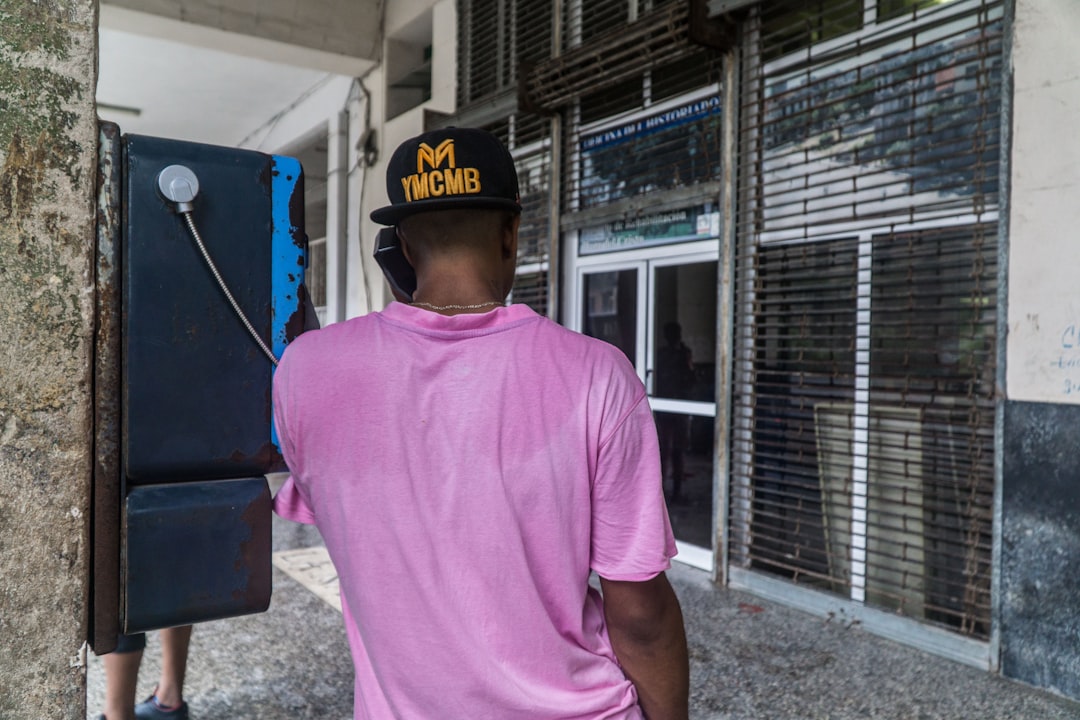Robocall San Antonio lawsuits protect consumers from unauthorized automated calls. To join, prove receipt of unwanted calls promoting goods or services despite opt-out attempts. Consult an attorney specializing in robocall lawsuits for guidance on eligibility and navigate legal process with a chosen firm. Gather comprehensive evidence, including call records, messages, and documentation from other victims. Weigh benefits and risks carefully before participating in potential class action litigation.
Tired of unwanted robocalls inundating your San Antonio home? You’re not alone. Join the growing movement against intrusive telemarketing practices by participating in a class-action lawsuit. This comprehensive guide navigates the process, helping you understand the basics of robocall lawsuits in San Antonio, eligibility requirements, and crucial steps to take. Learn how to gather evidence, assess potential benefits and risks, and stand up for your rights—one call at a time.
Understanding Robocall Lawsuit Basics in San Antonio

In San Antonio, a robocall lawsuit is a legal action taken against businesses or individuals who make automated phone calls, known as robocalls, in violation of Texas laws and federal regulations. These lawsuits are designed to protect consumers from unsolicited and harassing phone marketing tactics. If you’ve received unwanted robocalls, understanding your rights is the first step.
Texas has strict rules regarding telemarketing practices, including limitations on when and how businesses can make automated calls. A robocall lawsuit in San Antonio may be initiated by individuals who have experienced these violations, allowing them to seek compensation for any damages incurred. This includes not only financial losses but also emotional distress caused by unwanted calls.
Eligibility Criteria for Robocall Class Action Suits

To join a robocall class action lawsuit in San Antonio, you must first meet specific eligibility criteria. These cases are typically open to individuals who have been affected by automated telephone marketing calls, often known as robocalls, that violate federal or state laws. In San Antonio, where phone fraud and abusive calling practices are not uncommon, residents can band together if they share similar experiences. Common instances include receiving unsolicited calls promoting goods or services, or calls using prerecorded messages despite the recipient’s clear indication of non-consent.
Eligibility often hinges on proof of receipt and the nature of the robocall itself. You’ll need to demonstrate that you received a call, have specific details about its content, and can prove your attempt to opt out. While class action lawsuits aim to provide collective relief, individual cases within the class must stand on their own, ensuring each plaintiff’s claim aligns with the broader legal arguments. Consulting an attorney specializing in robocall lawsuits is advisable to understand your rights and navigate the eligibility requirements effectively.
Navigating Legal Process: Steps to Join a Robocall Suit

Navigating the legal process to join a robocall class action lawsuit in San Antonio involves several key steps. First, research reputable law firms specializing in telecom litigation. Many such firms offer free consultations and will evaluate your case based on its merits. During this initial meeting, clarify the specifics of the robocall incident, including dates, times, and any recordings or documentation you have.
Next, review the firm’s approach to handling class action lawsuits and understand your potential role in the case. Ensure they have a proven track record of success in similar cases and are committed to fighting for your rights as a San Antonio resident affected by unwanted robocalls. Once you’ve selected a firm, cooperate fully with their team throughout the legal process, providing any necessary information and attending required meetings or depositions.
Gathering Evidence and Documentation for Your Claim

When pursuing a robocall class action lawsuit in San Antonio, gathering robust evidence and documentation is paramount to building a strong case. Start by collecting all communications related to the robocall incidents, including call records, text messages, or any other form of digital interaction. These can serve as definitive proof of the unauthorized calls and potentially establish patterns of misconduct.
Additionally, compile any personal information used in the robocalls, such as your name, address, or phone number, if available. Obtain and save screenshots or recordings of the robocall messages for future reference. Documentation from other victims with similar experiences can also strengthen your claim. Ensure that all evidence is organized and stored securely to facilitate a compelling presentation during legal proceedings.
Potential Benefits and Risks of Participating in the Lawsuit

Participating in a robocall class action lawsuit in San Antonio can offer significant potential benefits for individuals who have been affected by automated telemarketing calls. First, successful lawsuits often result in monetary compensation for victims, helping them recover from any financial losses or inconvenience caused by the unwanted calls. Additionally, these suits send a strong message to call centers and telemarketers, discouraging future robocalls and potentially leading to stricter regulations.
However, there are also risks associated with joining such a lawsuit. Plaintiffs may face lengthy legal processes, including extensive documentation and court appearances. There’s no guarantee of victory, and even if successful, the settlement amounts might not fully compensate for the distress caused by the robocalls. It’s crucial for San Antonio residents considering participation to weigh these factors carefully, ensuring they understand the potential outcomes and are prepared for whatever lies ahead.






